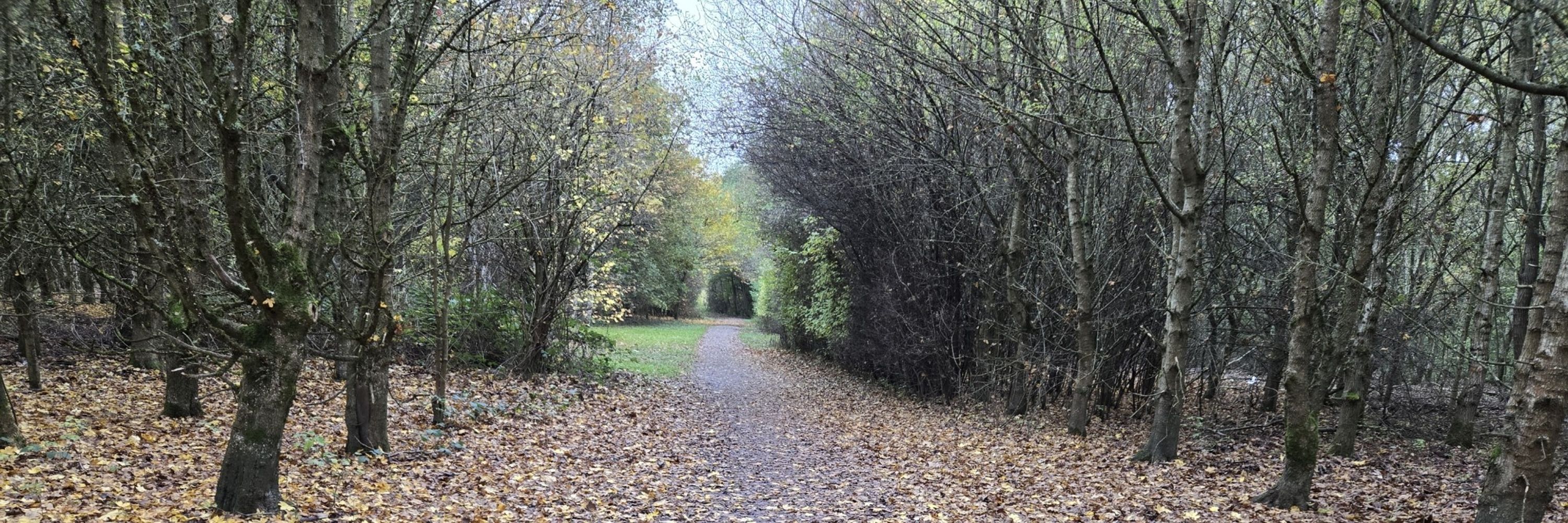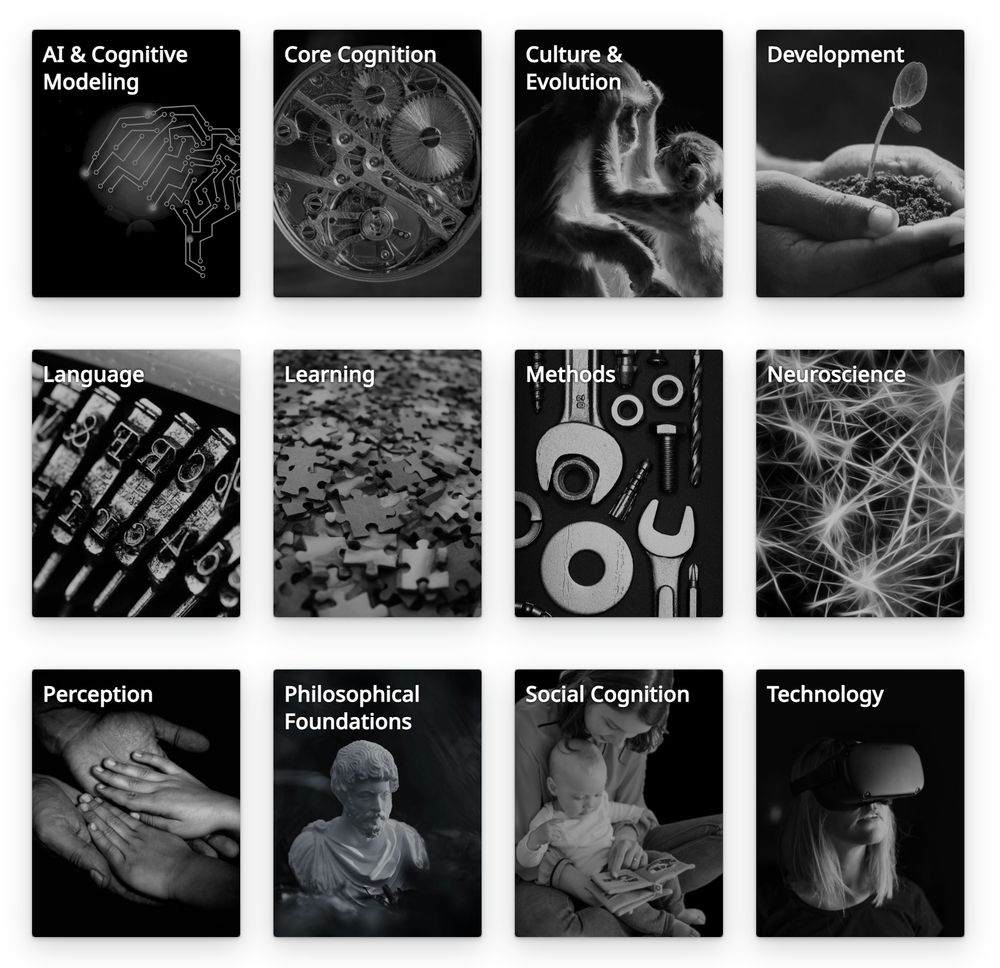
Explore funding opportunities now!
🔗 warwick.ac.uk/servic...
📅 Deadlines:
Course Apps – 8 Dec 2025
Scholarship Apps – 11 Dec 2025
#PhD #Scholarships #WarwickUni #PsychologyResearch #PostgradFunding

Explore funding opportunities now!
🔗 warwick.ac.uk/servic...
📅 Deadlines:
Course Apps – 8 Dec 2025
Scholarship Apps – 11 Dec 2025
#PhD #Scholarships #WarwickUni #PsychologyResearch #PostgradFunding
Interested in research in Psychology? Explore funding opportunities now!
🔗 warwick.ac.uk/servic...
📅 Deadlines:
Course Apps – 8 Dec 2025
Scholarship Apps – 11 Dec 2025
#PhD #Scholarships #WarwickUni #PsychologyResearch #PostgradFunding

Interested in research in Psychology? Explore funding opportunities now!
🔗 warwick.ac.uk/servic...
📅 Deadlines:
Course Apps – 8 Dec 2025
Scholarship Apps – 11 Dec 2025
#PhD #Scholarships #WarwickUni #PsychologyResearch #PostgradFunding
Explore funding opportunities now!
🔗 warwick.ac.uk/servic...
📅 Deadlines:
Course Apps – 8 Dec 2025
Scholarship Apps – 11 Dec 2025
#PhD #Scholarships #WarwickUni #PsychologyResearch #PostgradFunding

Explore funding opportunities now!
🔗 warwick.ac.uk/servic...
📅 Deadlines:
Course Apps – 8 Dec 2025
Scholarship Apps – 11 Dec 2025
#PhD #Scholarships #WarwickUni #PsychologyResearch #PostgradFunding
Interested in research in Psychology? Explore funding opportunities now!
🔗 warwick.ac.uk/servic...
📅 Deadlines:
Course Apps – 8 Dec 2025
Scholarship Apps – 11 Dec 2025
#PhD #Scholarships #PsychologyResearch #PostgradFunding

Interested in research in Psychology? Explore funding opportunities now!
🔗 warwick.ac.uk/servic...
📅 Deadlines:
Course Apps – 8 Dec 2025
Scholarship Apps – 11 Dec 2025
#PhD #Scholarships #PsychologyResearch #PostgradFunding
Interested in research in Psychology? Explore funding opportunities now!
🔗 warwick.ac.uk/servic...
📅 Deadlines:
Course Apps – 8 Dec 2025
Scholarship Apps – 11 Dec 2025
#PhD #Scholarships #WarwickUni #PsychologyResearch #PostgradFunding

Interested in research in Psychology? Explore funding opportunities now!
🔗 warwick.ac.uk/servic...
📅 Deadlines:
Course Apps – 8 Dec 2025
Scholarship Apps – 11 Dec 2025
#PhD #Scholarships #WarwickUni #PsychologyResearch #PostgradFunding


aaltodoc.aalto.fi/items/cf8487...

aaltodoc.aalto.fi/items/cf8487...
One of the postdoc positions is advertised: www.jobs.ac.uk/job/D...
1/2

One of the postdoc positions is advertised: www.jobs.ac.uk/job/D...
1/2
Today we are launching our new Thematic Collections to organize our growing set of articles!

Today we are launching our new Thematic Collections to organize our growing set of articles!
Months ago we released the samplr package on CRAN (helps you use sampling algorithms + cogn. models for human data). Here we explain the theoretical background and show how to use the pkg
osf.io/ax8hm
Months ago we released the samplr package on CRAN (helps you use sampling algorithms + cogn. models for human data). Here we explain the theoretical background and show how to use the pkg
osf.io/ax8hm
If we've missed any, please let us know!
sampling.warwick.ac....
If we've missed any, please let us know!
sampling.warwick.ac....


www.jobs.ac.uk/job/DML866/a...

www.jobs.ac.uk/job/DML866/a...
www.jobs.ac.uk/job/DLI727/p...
-3 for exciting projects led by Drs Alex Clarke,
@gambichiara.bsky.social & @mmrobinson93.bsky.social
-1 open to applicants with their own choice of supervisor/
proposal.
Closing date: 16 March 2025 at 23:59

doi.org/10.1177/1745...

doi.org/10.1177/1745...
doi.org/10.1177/1745... (1/4)
doi.org/10.1177/1745... (1/4)
How does learning change across the lifespan? We propose that resource rationality—adapting belief updating to cognitive limitations—can explain age-related differences in learning.
📖 doi.org/10.1037/rev0...
👇 A short thread:
How does learning change across the lifespan? We propose that resource rationality—adapting belief updating to cognitive limitations—can explain age-related differences in learning.
📖 doi.org/10.1037/rev0...
👇 A short thread:
How does utility influence mental simulations of risky events? 🤔🎲
We tested this across 4 experiments & found that most people simulate probabilities accurately, but biases emerge in key conditions!
If you want to learn more, keep reading!
doi.org/10.31234/osf...
How does utility influence mental simulations of risky events? 🤔🎲
We tested this across 4 experiments & found that most people simulate probabilities accurately, but biases emerge in key conditions!
If you want to learn more, keep reading!
doi.org/10.31234/osf...
Can people generate a random sequence if given enough time?
Keep reading if
- You make cognitive models with randomness in them
- You like to explore the world, be creative, choose well
- You want protection from clever agents exploiting patterns in your behavior.
osf.io/awg9j
Can people generate a random sequence if given enough time?
Keep reading if
- You make cognitive models with randomness in them
- You like to explore the world, be creative, choose well
- You want protection from clever agents exploiting patterns in your behavior.
osf.io/awg9j


